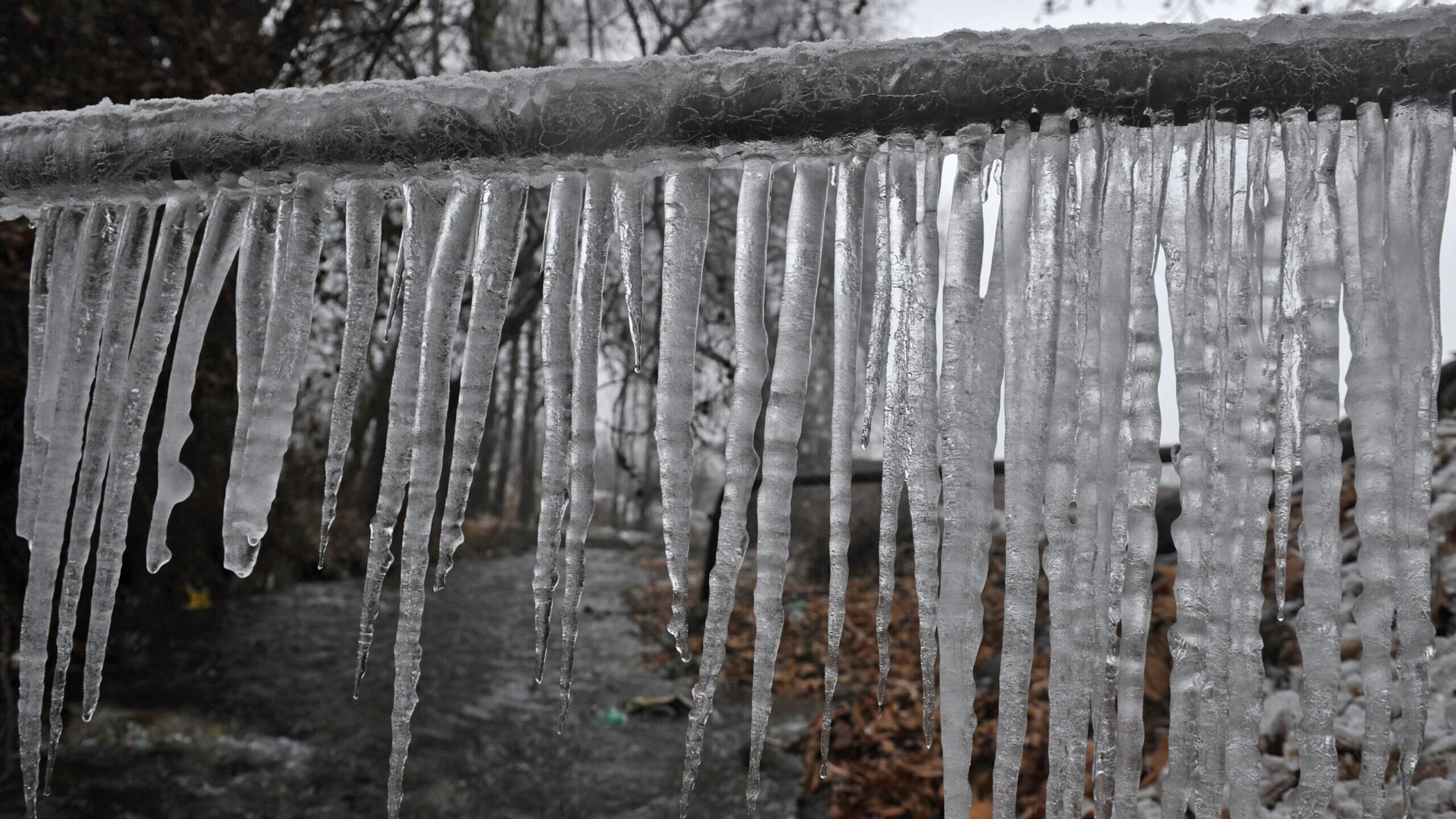Ways to Safeguard Your Pipes from Freezing: Expert Guidance
Ways to Safeguard Your Pipes from Freezing: Expert Guidance
Blog Article
This great article listed below pertaining to Preventing and dealing with frozen pipes is without a doubt entertaining. You should give it a look.

Winter can ruin your pipes, specifically by freezing pipelines. Below's just how to stop it from happening and what to do if it does.
Introduction
As temperatures drop, the threat of icy pipes rises, potentially bring about expensive fixings and water damages. Recognizing just how to prevent frozen pipelines is important for property owners in chilly climates.
Understanding Icy Pipes
What triggers pipelines to freeze?
Pipelines ice up when revealed to temperatures listed below 32 ° F (0 ° C) for expanded periods. As water inside the pipes freezes, it increases, putting pressure on the pipe wall surfaces and potentially creating them to burst.
Dangers and damages
Icy pipes can bring about water system disturbances, residential or commercial property damage, and expensive fixings. Ruptured pipelines can flooding homes and trigger comprehensive architectural damages.
Signs of Frozen Piping
Determining frozen pipelines early can prevent them from breaking.
How to determine frozen pipes
Look for reduced water flow from faucets, unusual smells or noises from pipes, and noticeable frost on exposed pipelines.
Prevention Tips
Shielding vulnerable pipes
Cover pipes in insulation sleeves or use warmth tape to secure them from freezing temperatures. Concentrate on pipelines in unheated or exterior areas of the home.
Heating techniques
Keep interior spaces adequately heated up, especially locations with plumbing. Open up cabinet doors to permit cozy air to circulate around pipelines under sinks.
Shielding Exterior Pipes
Garden hose pipes and outside faucets
Detach and drain yard hose pipes prior to winter months. Set up frost-proof spigots or cover exterior faucets with shielded caps.
What to Do If Your Pipes Freeze
Immediate activities to take
If you think frozen pipelines, maintain taps open up to relieve stress as the ice thaws. Make use of a hairdryer or towels soaked in warm water to thaw pipes gradually.
Long-Term Solutions
Architectural adjustments
Think about rerouting pipes away from exterior wall surfaces or unheated areas. Include extra insulation to attic rooms, cellars, and crawl spaces.
Upgrading insulation
Buy top quality insulation for pipelines, attics, and wall surfaces. Proper insulation helps keep regular temperatures and reduces the risk of frozen pipelines.
Final thought
Preventing icy pipelines needs proactive steps and fast reactions. By comprehending the causes, indications, and safety nets, homeowners can protect their plumbing throughout cold weather.
Helpful Tips to Prevent Frozen Pipes this Winter
UNDERSTANDING THE BASICS: WHY PIPES FREEZE AND WHY IT’S A PROBLEM
Water freezing inside pipes is common during the winter months, but understanding why pipes freeze, and the potential problems it can cause is crucial in preventing such incidents. This section will delve into the basics of why pipes freeze and the associated problems that may arise.
THE SCIENCE BEHIND FROZEN PIPES
When water reaches freezing temperatures, it undergoes a physical transformation and solidifies into ice. This expansion of water as it freezes is the primary reason pipes can burst. As the water inside the pipe freezes, it expands, creating immense pressure on the walls. If the pressure becomes too great, the pipe can crack or rupture, leading to leaks and water damage.
FACTORS THAT CONTRIBUTE TO PIPE FREEZING
Low Temperatures: Extremely cold weather, especially below freezing, increases the risk of pipes freezing. Uninsulated or Poorly Insulated Pipes: Pipes located in unheated areas, such as basements, crawl spaces, or attics, are more prone to freezing. Insufficient insulation or lack of insulation altogether exacerbates the problem. Exterior Wall Exposure: Pipes running along exterior walls are susceptible to freezing as they encounter colder temperatures outside. Lack of Heating or Temperature Regulation: Inadequate heating or inconsistent temperature control in your home can contribute to frozen pipes. PROBLEMS CAUSED BY FROZEN PIPES
- Pipe Bursting: As mentioned earlier, the expansion of water as it freezes can cause pipes to burst, resulting in significant water damage.
- Water Damage: When pipes burst, it can lead to flooding and water damage to your property, including walls, ceilings, flooring, and personal belongings.
- Structural Damage: Prolonged exposure to water from burst pipes can compromise the structural integrity of your home, leading to costly repairs.
- Mold and Mildew Growth: Excess moisture from water damage can create a favorable environment for mold and mildew growth, posing health risks to occupants.
- Disrupted Water Supply: Frozen pipes can also result in a complete or partial loss of water supply until the issue is resolved.
WHY CERTAIN PIPES ARE MORE PRONE TO FREEZING
- Location: Pipes located in unheated or poorly insulated areas, such as basements, crawl spaces, attics, or exterior walls, are at higher risk of freezing.
- Exterior Pipes: Outdoor pipes, such as those used for irrigation or exposed plumbing, are particularly vulnerable to freezing as they are directly exposed to the elements.
- Supply Lines: Pipes that carry water from the main water supply into your home, including the main water line, are critical to protect as freezing in these lines can affect your entire plumbing system.
- Underground Pipes: Pipes buried underground, such as those connected to sprinkler systems or outdoor faucets, can be susceptible to freezing if not properly insulated.
https://busybusy.com/blog/helpful-tips-to-prevent-frozen-pipes-this-winter/

As a passionate person who reads about How to Prevent Your Pipes From Freezing, I assumed sharing that excerpt was sensible. Enjoyed our review? Please share it. Help somebody else check it out. Thank you for taking the time to read it.
Schedule Here Report this page